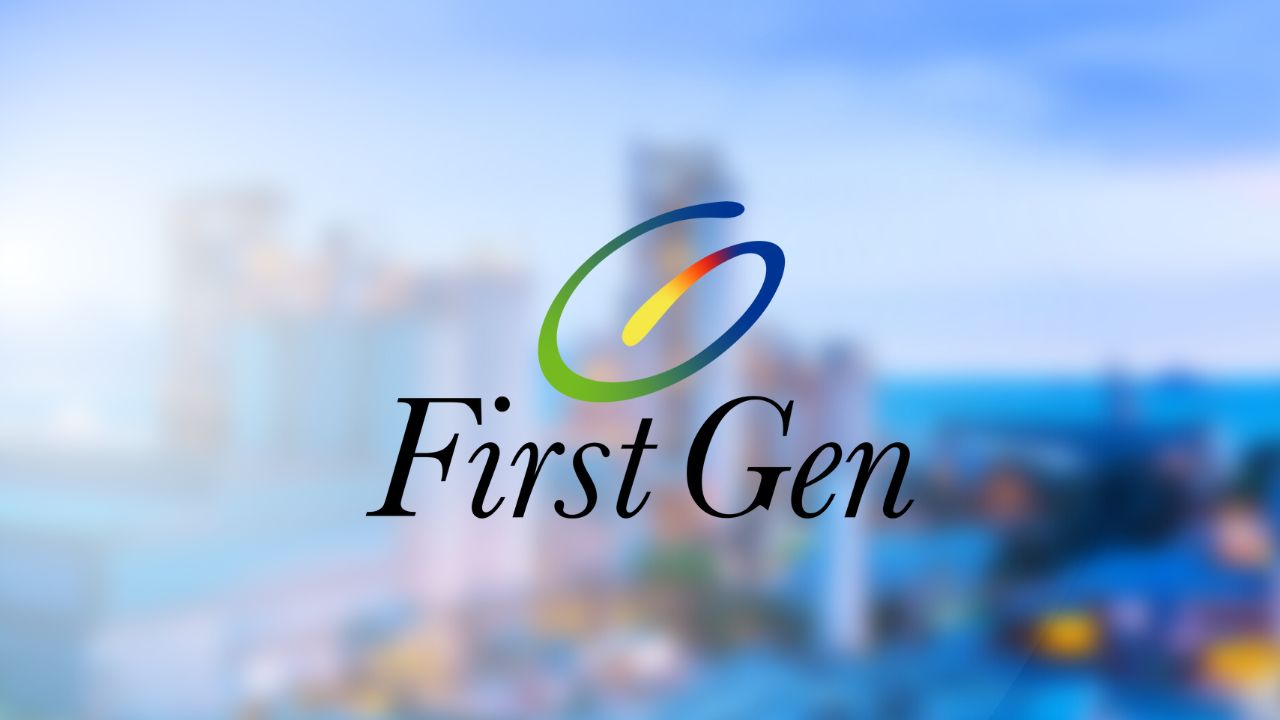GIC, a leading global institutional investor, and have entered into a strategic partnership to develop an investment platform focused on upscale and high-end hotels in India. As part of the deal, for 752 crores in Samhi's three subsidiaries, which own assets like Courtyard and Fairfield by Marriott and Trinity Hotel in Bengaluru and Hyatt Regency Pune. This partnership is a game-changer for Samhi, the cheapest listed hotel company, as it presents an opportunity to reduce debt, lower interest expenses, and improve overall profitability.
The optimism fuelled an over 10% rally in Samhi share price on 24 April. So, how is Samhi expected to benefit from this deal? Let’s break it down. Samhi's unique acquisition-led growth model Samhi is not just another hotel company; its acquisition-led strategy has set itself apart in a competitive market.

The company focuses on acquiring brownfield projects and operational hotels, which are priced below-average room rates and have lower replacement costs. This approach significantly shortens the time required to develop comparable hotels from the ground up, while reducing development risk and shortening the payback period. Post-acquisition, Samhi will renovate and rebrand them, leading to higher average room rates and improved financial performance.
Of Samhi’s total of 4,939 rooms, about 4,136 have been added through acquisitions. The remaining inventory has come from greenfield expansion. This strategy has allowed Samhi to scale rapidly, increasing its room inventory 19-fold over the past decade, from 252 rooms in 2014 to 4,939 in Q3FY25.
Fastest-growing hotel brand, but with rising debt This sharp scale-up has helped Samhi become India's fastest-growing and third-largest hotel company by the number of rooms. The company boasts a robust portfolio of 32 high-end hotels, managed in partnership with strong brands such as Hyatt, Marriott, Holiday Inn, and Renaissance, spread across major Indian cities. However, this aggressive expansion has been funded mainly through debt.
Samhi's net debt stood at 2,834 crore as of March 2023. With an annualized interest cost of 375 crore, Samhi's financials were under pressure, with a major portion of its revenue going towards servicing debt. IPO helped lower debt, expansion pushed it up again To address this, Samhi launched its initial public offering (IPO) in September 2023, raising 1,370 crore, primarily aimed at deleveraging.
Thereafter, Samhi reduced it's debt, bringing net debt down to 1,824 crore by March 2024. As a result, the net-debt-to-Ebitda ratio fell from a high of 8.7x (March 2023) to 4.
9x (March 2024). The cost of funds also reduced from 12.5% to 9.
8% during the period, while annual interest costs almost halved from 375 crore to 199 crore at end of FY24. However, post-listing, debt levels have started rising again. As the company continued investing in expansion, its net debt rose to 2,064 crore by Q3FY25.
Interest costs increased too, reaching 202 crore in the same quarter. GIC deal to ease debt burden and fuel growth This rising debt has underscored the need for further deleveraging to fund future growth sustainably. Thus, the deal with GIC will provide Samhi with much-needed capital to reduce its debt and support its next phase of expansion.
The platform holds the first right to undertake any acquisition or expansion project. The three subsidiaries, with a total room inventory of about 1,000 rooms, in which GIC will invest, have an enterprise value of 2,200 crores. Through an investment of 752 crore, GIC will secure a 35% stake.
Of this, 603 crore will be used upfront by Samhi to repay the debt across its portfolio. Following the repayment, the company expects its overall debt to decrease by about 580 crore (from 2,064 crore in Q3FY25), with the net debt-to-Ebitda ratio expected to fall below 3.5x.
Furthermore, Samhi aims to reduce this to below 3x over the next 12 months, while continuing to drive growth. The resultant interest savings are expected to boost the bottom line by 15–20%. However, this boost will be partly offset by a 35% share of profits (minority interest) in favour of GIC.
Kotak expects Samhi to retain 4% of the JV platform's Ebitda as part of asset management fees. As a result, Samhi is expected to save 55 crore in interest costs from the debt reduction of 603 crore, with a PAT contribution estimated at 72 crore. This implies 25 crore (35% share) of minority interest, yielding a net positive impact of 17% on the projected consolidated net profit of 170 crore for FY26.
Strong earnings growth and improving profitability Samhi turned around its financials after reducing its leverage post-IPO. While its asset income has consistently improved, interest cost and employee stock option plan (Esop) expenses had been dragging down its profitability. Samhi's asset income in 9MFY25 increased 19% from the previous year to 814 crores, driven by an 8% rise in average room rate to 6,047.
The company's consolidated Ebitda increased 56%, with margin improving 8.1 percentage points to 36.2%.
As finance cost decreased by 40% to 174 crore, it turned profitable with 40 crore, from loss of 246 crore in 9MFY24. As a result, the company is expected to post full-year profitability for the first time in FY25. With further debt reduction driven by interest savings, profitability will likely improve.
What's next In addition to debt reduction, the company has several growth levers in place. The balance of 149 crore will be used to partially fund the capital expenditure for the 220-key Western/Tribute Portfolio. Furthermore, Samhi signed a long-term variable lease agreement for an office building in November 2024.
It plans to convert it into a 170-room hotel under Marriott's W brand, marking its debut in Hyderabad. This aligns with Samhi's asset-light strategy, which leverages lease models to enhance cost efficiency. The management expects consistent expansion to keep capex levels high, with 150-200 crore in capex planned over the next three years, primarily funded through internal accruals.
With 752 crore of equity from GIC, Samhi will likely address investors' concerns about its leverage. Moreover, with a credible sponsor like GIC, Samhi will be better positioned to support its growth ambitions, especially since upscale assets are capital-intensive. The deal will also help double its upscale hotel inventory, a strategy that is expected to boost revenue and profitability significantly.
Valuation rerating ahead? From a valuation perspective, Samhi remains the cheapest in the sector, primarily due to the high debt. It trades at an EV/Ebitda multiple of 15x, about a 30% discount to its median multiple of 21x. The valuation gap is notable, with trading at 28x and Indian Hotels at 41x.
As debt decreases, this gap is likely to narrow..
Business

Samhi's GIC deal may accelerate growth. Could a valuation rerating follow?

The partnership with GIC is set to accelerate Samhi's growth by reducing debt, boosting profitability, and supporting expansion. Could this strategic move trigger a much-needed rerating of valuation?














